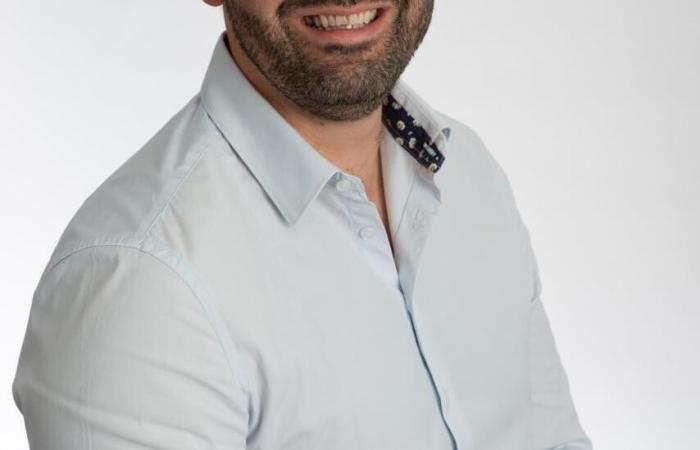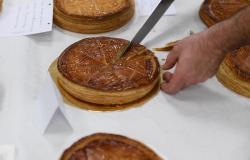Ose Immunotherapeutics has already been working on lung cancer for seven years.
A year ago, the Nantes biotech announced a major breakthrough for its therapeutic vaccine Tedopi, targeting non-small cell lung cancer, the most common in men after prostate cancer. At the end of a second phase of clinical trials, the results showed a reduction in the risk of death of 41% compared to chemotherapy and maintained quality of life
.
Even more important in the eyes of Nicolas Poirier, the director of Ose Immuno, the one-year survival rate of patients vaccinated with Tedopi reached 44%, compared to 21% with chemotherapy. Some lived two years longer. Life is longer, but also less painful.
Last test in progress
Since then, the vaccine has entered a confirmatory phase 3 clinical trial, as a second-line treatment for non-small cell lung cancer. Called Artemia, this study was launched last September, in the United States, Canada, Europe and the United Kingdom, after approval from health agencies in 14 countries.
Objective of this international trial conducted on 363 patients: to confirm the therapeutic benefit of Tedopi in patients with advanced metastatic lung cancer. To do this, Ose Immuno benefited from public funding of 8.4 million euros, via Bpifrance, the public investment bank, as part of the France 2030 plan.
Without waiting for the end of this study, the vaccine is already available through compassionate access, in France, Italy and Spain. Concretely, a doctor can ask to use Tedopi, even if it is not yet on the market, in patients for whom all other treatments have failed.
On the market in 2027?
Tedopi is the most advanced therapeutic cancer vaccine in clinical development today
underlines Nicolas Poitier. But several steps still need to be taken before obtaining marketing authorization.
The Nantes biotech, which employs 70 employees and has invested nearly 200 million euros in its development since 2018, is awaiting the results of the Artemia study in 2026. And hopes to be able to launch marketing the following year. It will then have been ten years since the vaccine occupied the daily lives of Nantes researchers.






